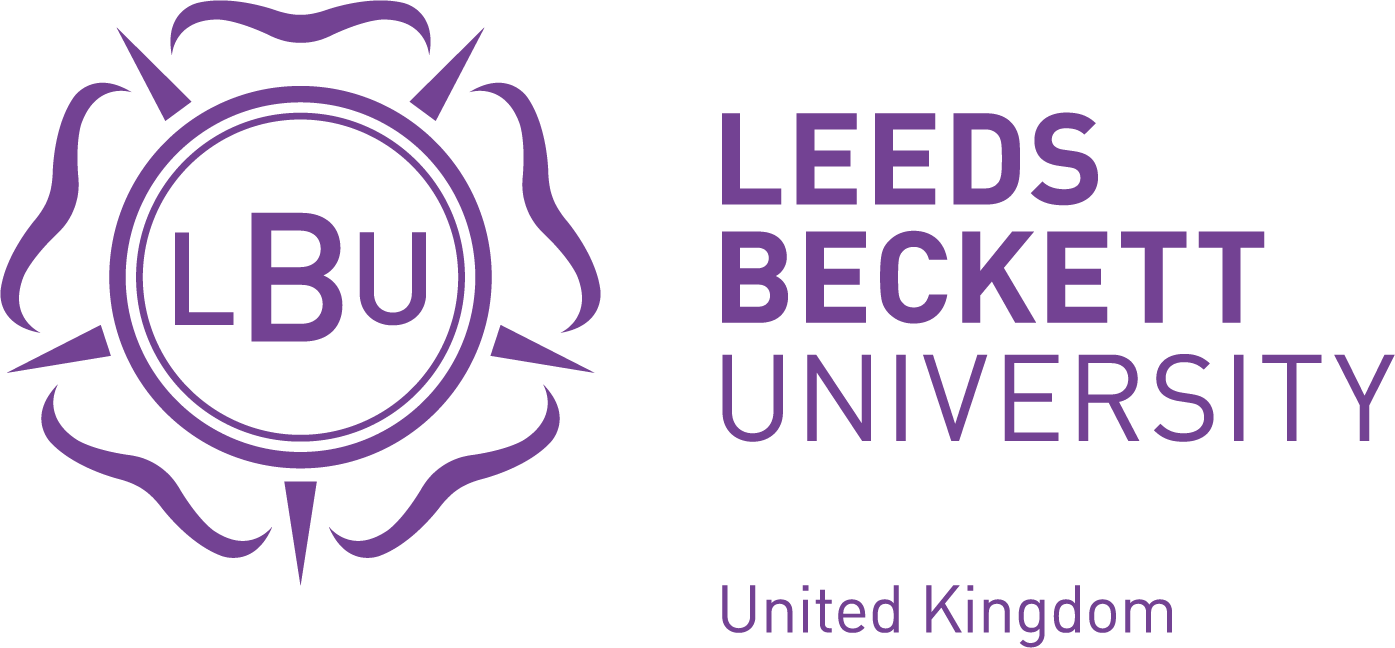A Level Course in Nepal, The Ultimate Guide for SEE Students (2025)

Did you know Nepal's A-Level students gain direct entry to top universities like Oxford, Harvard, and MIT?
High school students in Nepal have picked the A Level or the A Level General Certificate of Education as one of the most popular options. It is an internationally acknowledged certificate that will give students a very rigorous academic environment in which to apply to colleges around the globe. This comprehensive guide has been especially prepared to help you overcome any obstacles that may come in your way and, above all, maximise your educational career in Nepal as an A Level student or as someone aspiring to acquire such a certificate.
Why choose an A level course in Nepal?
For SEE graduates seeking world-class education, the A Level course in Nepal offers unmatched advantages. The Cambridge GCE A Level program develops critical thinking skills valued by global universities and employers. Unlike traditional systems, it allows subject specialisation - perfect for students eyeing GCE A Level Business careers or STEM fields.
Kathmandu boasts excellent A-Level colleges like The British College and Chelsea International Academy, offering quality education at competitive costs. Many institutions provide A-Level scholarships in Nepal, making this international education accessible. The qualification earns valuable UCAS points for overseas study while being equally recognised by Nepali universities.
With flexible pathways to both local and global opportunities, A Levels give Nepali students the perfect launchpad for success. The program's emphasis on analytical skills prepares learners not just for exams, but for real-world challenges in their chosen careers.
Global Recognition
A-level is recognised by top bodies all over the world, including Harvard, Oxford, and local universities such as Kathmandu University (KU) and Pokhara University (PU). The +2/NEB system in Nepal is very much different from A-Levels, which nurture rote learning and critical thinking, and an analytical-based education up to the higher secondary level.
Career Flexibility
A Level lets pupils choose subjects that fall in line with their career aspirations. For example, by learning a GCE A-Level in Business, the students open career pathways in hospitality and management.
Similarly, by choosing science subjects such as Physics, Chemistry, and Biology, one can lay down a foundation for paths leading to medicine or engineering.
Local Benefits
In Kathmandu, the A-Level educational infrastructure is sound, with very refined bodies such as The British College, Rato Bangala, and Chelsea International Academy offering quality programs. It is also affordable to study A Levels in Nepal, compared to the same qualification abroad.
Admission in Nepal vs. Abroad
The universities in Nepal, like Kathmandu University, view A-levels as an equal standard to the NEB system. However, at an international level, many universities accept A level, and students are not required to sit the SAT or ACT for admissions.

Top A-Level Colleges in Kathmandu
The British College is located at Thapathali and offers an intense A level program with experienced faculty and good alumni linkages. It focuses on practical learning and has many extracurricular activities that enhance student development.
Key advantages:
- Cambridge-accredited curriculum accepted by top universities worldwide
- Expert international faculty using interactive teaching methods
- Small classes (20 students) for individualised attention
- UCAS points guidance and UK university pathway support
- Modern campus with advanced labs and digital resources
TBC's holistic approach prepares students for A-Level Business careers or STEM fields while developing leadership skills through clubs and community projects. With scholarships available, this international education in Nepal remains accessible to high-achieving SEE graduates.
Ideal for students aiming for competitive degrees abroad or premium local opportunities, TBC's A-Level program builds both academic excellence and real-world readiness.
Rato Bangala Centre focuses on the all-around development of its students through a proper blend of studies with social service and leadership programs. The A-Level course has been designed to enhance the capability of students to think critically and have global awareness at the same time.
How to Succeed in Cambridge GCE A Level
Success in the course of your Cambridge GCE A Level studies in Nepal demands discipline, quite effective strategies, and a proactive approach to your academic journey.
Time Management
Use planners to balance academics and extracurricular activities. Time management is very crucial for students in the success of the Cambridge GCE A Level course in Nepal. Balancing academics and extracurricular activities needs planning and discipline. The use of planners or digital calendars helps organise thinking, assignment deadlines, and personal time most effectively. A well-structured routine will ensure that a student covers complex subjects with enough time still available for sports, the arts, or volunteering. Since it is a demanding curriculum, poor time management can result in academic burnout. A solid plan will keep students on course, reduce stress, and perform better in their Cambridge GCE A Level exams.
Resources and Study Materials
Invest in high-quality textbooks, study aids, and online resources to support your studying. Make good use of the library resources at your school or any other community groups. Online resources may be especially useful in areas that require further explanation or are experienced to them. Most of these websites offer free courses and materials, hence improving educational access.

Solve past papers to push those grades up by up to 20%.
One of the most powerful study strategies for a student to succeed in an A level course in Nepal is solving past examination papers. Through this, students get acquainted with the exam format, styles of questions, and time limitations that will be employed.
In most research and user testimonials, it is clear that this habit can better one's grades by up to 20%; therefore, it becomes a crucial part of revision. Apart from that, reviewing past papers helps in identifying weak areas, enhancing the skills of problem-solving, and building up the confidence of facing an examination. Most GCE A level colleges in Kathmandu and other parts of Nepal provide archives of past papers. Hence, it encourages students to use them regularly for better results.
Study Timetable, Start revising early and stick to a consistent schedule
Creating a regular study timetable is much needed to excel in an A Level course in Nepal. Revision should begin many months before the actual examinations, so there is no last-minute stress, and shallow learning takes place. A structured timetable breaks down large portions of the syllabus into manageable daily tasks; therefore, it ensures that no topic is left out. By allotting specific time slots to every subject, students can concentrate better and also keep track of their progress.
A daily timetable nurtures self-discipline and productivity, two traits that are very important to succeed in the cutthroat academic environment of Nepal, studying GCE A Level Business or such science subjects as Physics and Chemistry.
Seek Help: Don't hesitate to ask teachers or peers for assistance when needed
Most of the students running an A level course in Nepal face hard times in supporting their living expenses. Such rigorous curricula and deep topics often challenge them academically. In those hard moments of grasping a difficult concept, help from a teacher or peer can save a student. Whether it's about clarifying a difficult topic in Economics or solving problems in Mathematics, timely help ensures a continuous process of understanding and hence boosts confidence. Most of the A level colleges in Nepal are oriented to open communication between a student and a faculty member to foster a collaborative form of learning.
Career Paths After Cambridge GCE A Level
A-Level course in Nepal offers flexibility and a global edge, making it ideal for SEE graduates seeking strong academic foundations and career mobility, both in Nepal and through international education pathways.

1. Studying Abroad After Cambridge GCE A Level
One of the most beautiful things about students who complete the Cambridge GCE A Level is the global recognition of the certificate. Most of the A level colleges in Kathmandu have an academic, professional, and career counselling department, which assures all the students that they will move smoothly toward admissions to universities abroad. An excellent GCE A Level grade is, therefore, useful for students who have to accumulate UCAS points to apply to the top universities in the UK, the US, Canada, or Australia. An undergraduate degree in any of the STEM fields or GCE A Level Business has opened pathways leading to well-paid careers such as those in finance, marketing, engineering, and healthcare.
2. Career Opportunities in Nepal After Cambridge GCE A Level
Another way by which international studies in Nepal have been simplified is the availability of scholarships offered by cheap A Level colleges in Kathmandu that students can use to reduce tuition costs in other countries. Career Opportunities in Nepal After Cambridge GCE A Level. Students completing their A Level course in Nepal have bright opportunities locally in hotel management, IT, and chartered accountancy. The strong foundation of SEE graduates laid by GCE A Level Business would be to move into personal business or the burgeoning corporate environment in Nepal. Among the most common careers already demanding GCE A Level Business are banking, digital marketing, business development, and data analytics.
Given the emerging prospects in GCE A Level Business careers, the Kathmandu A-Level colleges are linking up with numerous companies for internship and job placement opportunities.
A Level, The Route to Success: within Nepal for growth or outside Nepal for a brighter future, from classroom to corporate boardrooms, even up to luxury hotels in Dubai.
Consolidations of the Cambridge GCE A Level
The Cambridge GCE A Level program in Nepal usually runs for two years, with examinations being taken at the close of each year. In the first year, which is referred to as AS Level, the candidates will do the first halves of the chosen subjects and then the second half in the second year, reflected as A2 Level. It is, therefore, the final A2 Level exams that are taken to be summed up as scores for one's overall GCE A Level. AS-Level scores can often be taken as forecast grades.
Therefore, success in the first-year examination is the key determinant in securing admissions to some of the most sought-after institutions.
All About GCE A Level Myths – Difficulty, Cost, Benefits and More

Myth 1: A-level is Very Hard
It is pretty detailed; no one can argue with the definition of the Cambridge GCE A level syllabus. Again, the difficulty depends on what subjects are picked and how time is managed. A subject, chosen based on one's interest, will be easy to learn, and it will enhance enjoyment. With consistent study habits and trying to think critically all the time, students will be in a position to thrive in an A-level course offered in Nepal.
Myth 2: Myth 2: A-Levels Are Only Beneficial If You Plan to Study Abroad
This is a false notion not applicable only to students desiring international education in Nepal. The curriculum of the A-Level is designed to grant easy access to leading universities in Nepal as well. Medicine, law, or business, A-Levelling delivers academic depth to students making their careers in any field.
Myth 3: A-level is far too dear
It sounds expensive only because it is a British curriculum. In this respect, pocket-friendly A Level colleges in Kathmandu offer a very sound education at a very nominal fee. In addition, scholarships for A Level in Nepal ensure that every SEE graduate has fairly easy access to this global accreditation.
Myth 4: Old study methods work in A Level
It is similar to SEE, which does not encourage rote learning, whereas A Level certainly does not. Analytical and problem-solving capacities are being tested in business and other subjects of the GCE A Level. Students will do well in it if they have understood the concept, and that is going to be valuable for leading universities and employers worldwide.
Final Thoughts - Should I Choose Cambridge GCE A Level?
Opting to study A Level in Nepal is a strategic, futuristic move for SEE graduates who have set their minds on academic excellence and global recognition. This qualification from Cambridge is highly regarded by the best universities worldwide, at the same time providing students with some essential skills and strong GCE A Level points for tough admissions competition.
Whether one opts for GCE A Level Business, science, or humanities, the best A Level colleges in Kathmandu will provide the greatest education in top-quality, cost-effective terms and scholarship opportunities.
The A-Levels will be your launchpad to future success, with the numerous pathways to UCAS points, A-Level Business careers, and local and international education in Nepal. Invest in your future by smartly moving forward with A-Levels today.

FAQS about A level course in Nepal
1: What is an A-Level course in Nepal?
An A-Level course in Nepal, like the Cambridge GCE A Level, is a two-year program for SEE graduates. It’s globally recognised, offering a rigorous curriculum that prepares students for top universities or careers in fields like GCE A Level Business.
2. Why choose Cambridge GCE A Level?
Cambridge GCE A Level is valued worldwide, including by universities like Harvard and Kathmandu University. It emphasises critical thinking, unlike rote learning, and allows subject choices aligned with career goals, such as medicine or A-Level Business careers.
3. Are A-Levels affordable in Nepal?
Yes, Kathmandu A-Level colleges, like The British College, offer affordable programs. A Level scholarships in Nepal also help SEE graduates access this international education without high costs.
4. Can A-Levels help me study abroad?
Absolutely! A-Levels earn UCAS points, making it easier to apply to universities in the UK, the US, or Australia. Kathmandu A-Level colleges provide counselling for international education in Nepal.
5. What careers can I pursue with A-Levels?
A-Levels open doors to careers in Nepal, like banking or IT, especially with GCE A Level Business. They also support global paths in engineering, healthcare, or hospitality for SEE graduate options.







